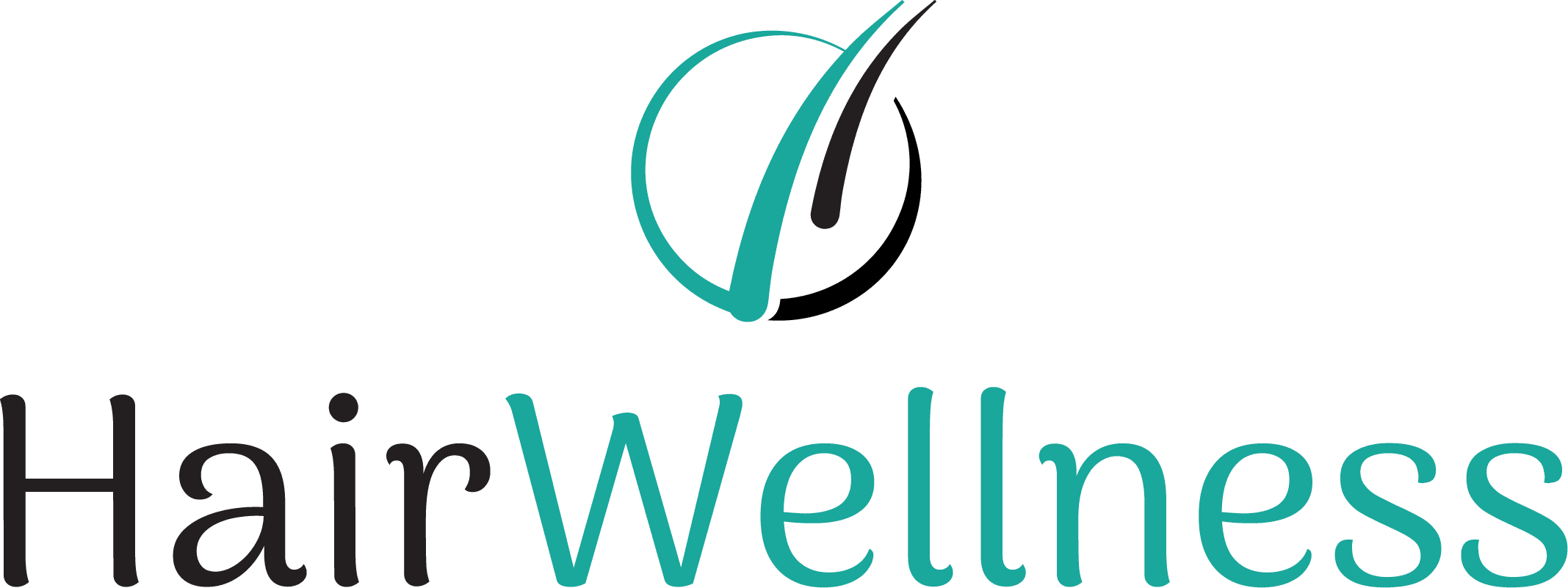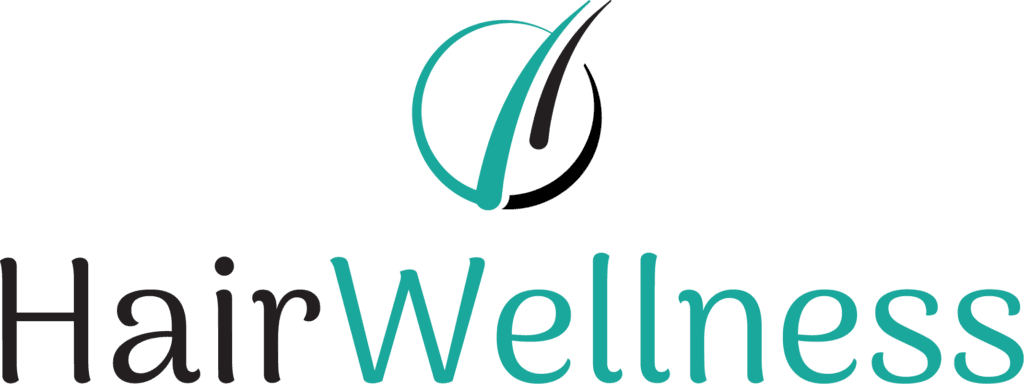
Trichology is a scientific discipline that examines the biology, pathology, and physiology of the hair and scalp. Though sometimes perceived as a cosmetic concern, hair health is intimately connected to broader systemic health, making trichology an essential field for both medical and wellness professionals.
Hair is a mini-organ with high metabolic activity and rapid cell turnover. As such, it serves as an early indicator of nutritional deficiencies, endocrine imbalances, inflammatory conditions, and other underlying dysfunctions (Messenger, Sinclair, and Farrant 2010). When the hair starts shedding excessively, changes in texture, or the scalp becomes inflamed, it is often a signal that deeper physiological or metabolic disturbances are occurring.
This is where the expertise of a trichologist becomes vital. A professional trichologist is trained not only in hair structure and scalp disorders, but in interpreting these changes as possible reflections of internal health. We assess the hair and scalp through microscopic examination, trichoscopy, and sometimes biochemical or functional medicine testing to identify contributing factors ranging from hormonal shifts and nutritional gaps to autoimmune activity and microbial imbalances (Trueb 2003).
My journey into trichology began with advanced training at the Italian Academy of Hair Microscopy, where I learned to analyze the hair and scalp in detail and correlate clinical findings with broader health patterns. This scientific foundation led me to pursue certification as a Functional Medicine Health Coach through the Health Coaching Academy. Functional medicine emphasizes investigating root causes rather than simply treating surface symptoms, a philosophy deeply aligned with effective trichology practice (IFM 2021).
Combining trichology with functional medicine has allowed me to help clients address hair loss and scalp disorders from both external and internal angles. Externally, I rely on clean, targeted products developed through the Holistic Practitioners of Trichology, ensuring scalp therapies are both effective and safe. Internally, I design personalized protocols to correct nutrient imbalances, reduce inflammation, and restore metabolic health, because hair health cannot be fully restored without addressing the underlying issues within the body.
As co-founder of The Hair Wire, an educational platform dedicated to advancing evidence-based hair science, and Director of Education for Trichologists on a Mission, I contribute to communities deeply committed to elevating the field of trichology. These networks promote collaboration, continuous learning, and the exchange of clinical insights, ensuring that professionals remain at the forefront of research and practice in hair and scalp health.
In a world where hair concerns are often dismissed as cosmetic or superficial, trichology reminds us that hair loss or scalp disorders can be the body’s way of communicating distress. For professionals in healthcare, wellness, or the beauty industry, understanding this connection is important. Trichologists stand at the intersection of biology, dermatology, and holistic health, offering science-backed strategies to restore not only hair but also overall well-being.
If you are a professional seeking to expand your understanding of hair science or to collaborate in exploring integrative solutions for hair and scalp health, I would be delighted to connect and share insights from this evolving field.
References
Institute for Functional Medicine. 2021. Functional Medicine: A Systems Biology Approach to Personalized Medicine. Gig Harbor, WA: IFM.
Messenger, A. G., R. Sinclair, and P. Farrant. 2010. “Disorders of Hair.” In Rook’s Textbook of Dermatology, edited by T. Burns et al., 8th ed., 66.1–66.100. Oxford: Wiley-Blackwell.
Trueb, R. M. 2003. “Association Between Smoking and Hair Loss: Another Opportunity for Health Education Against Smoking?” Dermatology 206 (3): 189–191. https://doi.org/10.1159/000069962.

